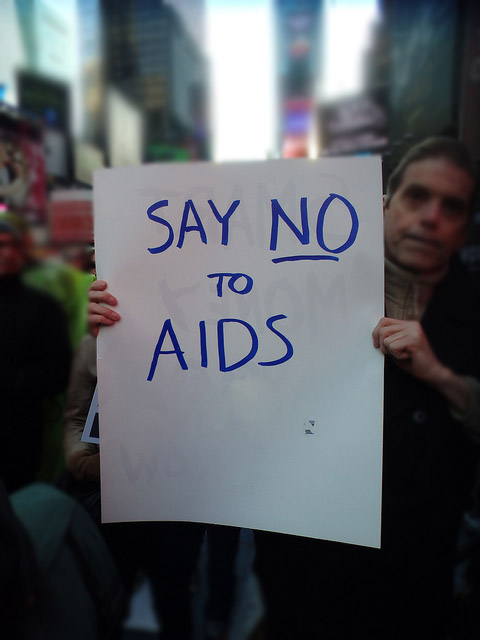Deadline: 28 March 2017
The US Department of State’s National Institutes of Health (NIH) is currently seeking applications from eligible entities for its U.S.-South Africa Program for Collaborative Biomedical Research.
The purpose of the opportunities under the revision application is to enhance the pool of investigators in South Africa who are from underrepresented backgrounds in the country’s workforce and who are engaged in collaborative research activities in the areas of tuberculosis (TB), HIV/AIDS biomedical and behavioral science, and HIV-related co-morbidities, including malignancies.
Priority Areas
Specific Research Areas of interest include:
- HIV Transmission and prevention
- Understanding HIV transmission dynamics.
- Informing development of new biomedical prevention strategies through understanding host/virus interactions associated with HIV acquisition, establishment of infection and disease progression.
- Prevention of mother-to-child HIV-transmission (MTCT) in the era of South Africa “Option B” policy.
- Effects of maternal HIV infection and antiretroviral treatment on HIV-exposed uninfected children.
- HIV prevention particularly in young/adolescent women.
- Combination prevention strategies.
- The role of food insecurity and nutrition in prevention, care and treatment of HIV/AIDS.
- HIV/AIDS Treatment and Care Continuum
- Best approaches to optimizing durability of ART regimens beyond the first line regimen. For example, how can adherence best be supported to prevent regimen failure? Can resuming second line regimens be successful with adherence support when there is loss of virologic control, rather than switching to third line regimens?
- Research towards a cure for HIV/AIDS including pediatric HIV “functional cure.”
- Identification of infected individuals and linkage to and retention in medical care.
- Research on adherence to HIV treatment, including use of mobile technologies.
- Approaches to monitoring antiretroviral therapy (ART) treatment.
- Interplay or impact of non-communicable diseases with HIV disease and its management.
- Chronic inflammation and aging in treated HIV disease.
- HIV and AIDS-associated Cancers
- Epidemiology of HIV-associated cancers in the era of antiretroviral therapy.
- Studies that identify biological differences between AIDS-defining and non-AIDS defining cancers.
- Understanding interactions of HIV with human papilloma virus (HPV), human herpes viruses (EBV and HHV-8), hepatitis B and C viruses, herpes simplex virus (HSV) and other oncogenic viral co-infections that lead to increased cancer risks.
- Studies on pathogenesis and pathobiology of HIV-associated cancers.
- Strategies for optimizing diagnosis, prevention and treatment of HIV-associated cancers.
- Studies on complications and outcomes of treating cancers in HIV-infected vs. HIV uninfected populations.
- Tuberculosis
- Research on TB pathogenesis and biomarkers.
- Latent TB infection, pathogenesis, diagnosis, and treatment.
- Scale-up of TB prevention and treatment strategies.
- Novel approaches and better understanding of current modalities.
- TB prevention.
- TB treatment.
- Discovery and development of point-of-care diagnostics and diagnostic strategies.
- TB epidemiology including novel surveillance methods, such as mobile technologies and mathematical modeling.
- Maternal and pediatric TB.
Award Information
- Application budgets are limited to $250,000 per year in total costs for up to two years, inclusive of the limit of $50,000 per year to support the NIH Intramural investigator’s costs attributed to the proposed revision activities.
- A minimum of 67% of the total cost budget should be apportioned to activities that will be conducted at South African institutions.
Eligibility Criteria
Applicants
Current U.S. and South African awardees through RFA-AI-14-018 as well as South African scientists with direct NIH funding may apply for supplementary funds. To further the objectives of this FOA, applicants are highly encouraged to include scientists at South African HDIs and other South African Universities of Technology and/or scientists from the South African Black, Colored or Indian population groups as collaborators.
Institutions
- Non-domestic (non-U.S.) Entities (Foreign Institutions) are eligible to apply.
- Non-domestic (non-U.S.) components of U.S. Organizations are not eligible to apply.
- Foreign components, as defined in the NIH Grants Policy Statement, are not allowed.
How to Apply
Applicants must apply online via given website.
Eligible Countries: United States and South Africa
For more information, please visit Grants.gov.
